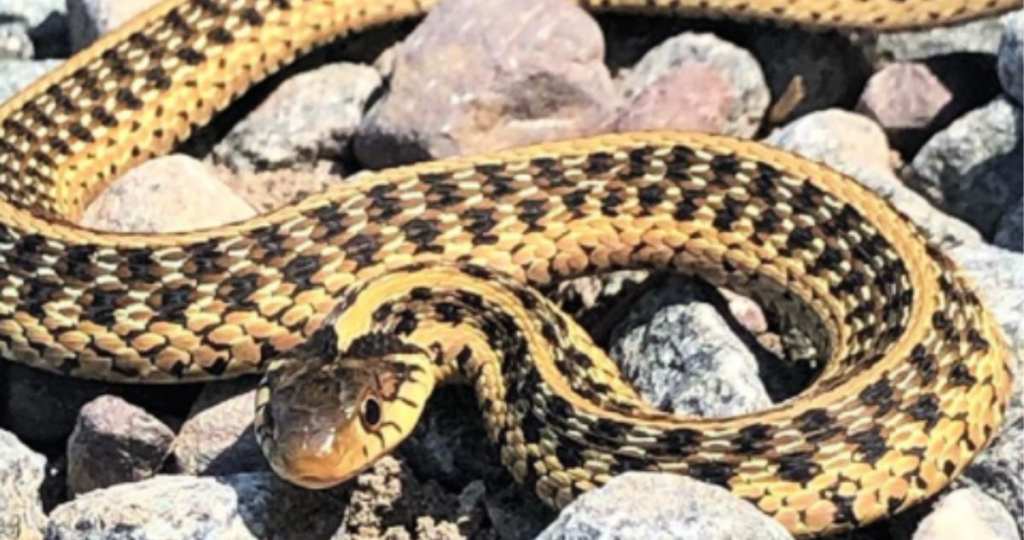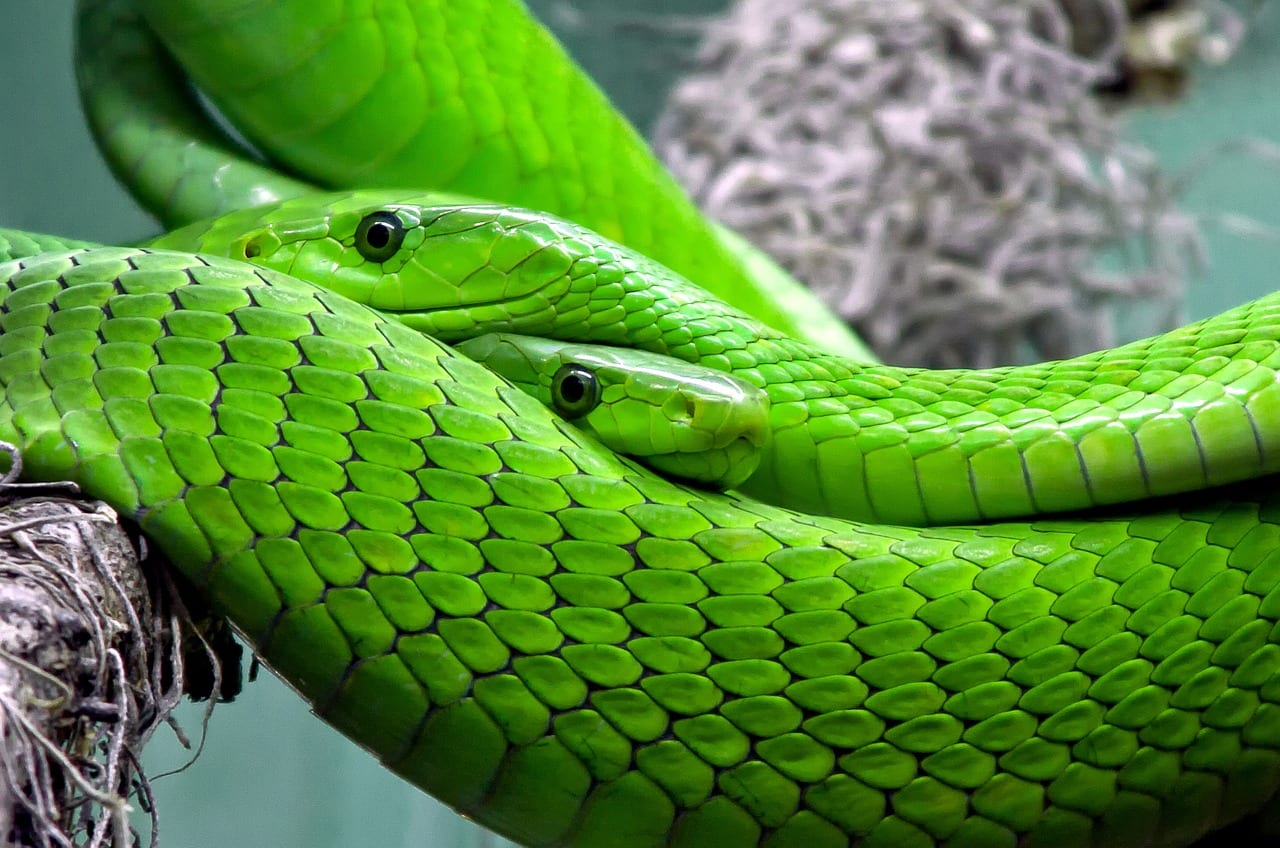Trending Now
When you think about snakes, you probably don’t get any warm and fuzzy feelings. Even if you’re someone who likes the slithery critters, they just don’t bring to mind the same snuggly warmth that say, dogs and cats and bunnies and other furry mammals inspire.
It turns out, that basing feelings on appearances – even when it comes to reptiles – often results in wrong assumptions.
Even biologists have always considered snakes to be fairly solitary creatures, unsocial by nature, but a new study looks like it could change all that and suggests they could be more complex than we’ve considered previously.
https://www.instagram.com/p/CAfovH4jCmd/
The study took place at Wilfried Laurier University in Canada, where 40 young easter garter snakes (Thamnophis sirtalis sirtalis) were placed in four separate shelters. They were grouped by 10s, marked so they could be identified, and watched by comparative psychologist Noam Miller and his assistant, grad student Morgan Skinner.
The snakes appeared to actively seek out social interaction, huddling in groups of 3-8, and also seemed to seek out the same individuals in their pens.
Skinner compared their groupings to “cliques” that were “in some ways surprisingly similar to those of mammals, including humans.”
Close, lasting friendships aren’t unheard of in the animal world – quite the opposite, really. Biologists have observed flamingos keeping the same friends for years, and vampire bats kissing their closest pals with mouthfuls of blood.
https://www.instagram.com/p/CANlbWXjvso/
This, though, is the first time anyone has stopped to consider whether snakes might form the same types of bonds.
The study was published in Behavioral and Sociobiology, and comments that “this bias is exacerbated by the fact that in some reptile species social interactions are hidden, due to their secretive nature, and that social communication is often conducted via invisible chemical cues.”
In addition to observing, the pair tested the personalities of the snakes in their enclosure for “boldness.” The bolder snakes ventured outside of safe shelters sooner and for longer, while shy snakes remained safely inside. Even the bolder snakes, though, tended to stay in the safe shelters when cuddling (?) with the others.
There are biological reasons the clumping of friends could work in snakes’ favor in the wild – the scientists posit it could help protect them from prey, and also to retain heat and moisture.
https://www.instagram.com/p/CAVgv_ygjas/
They’re hopeful that the new information could aid conservationists trying to relocate snakes into safe habitats.
I am not a snake hater or a snake lover, and as a somewhat neutral party, I have to say this is interesting!
What do you think? Are you going to look at snakes differently, now? Maybe play friendship connection in your yard?
Tell us in the comments!







